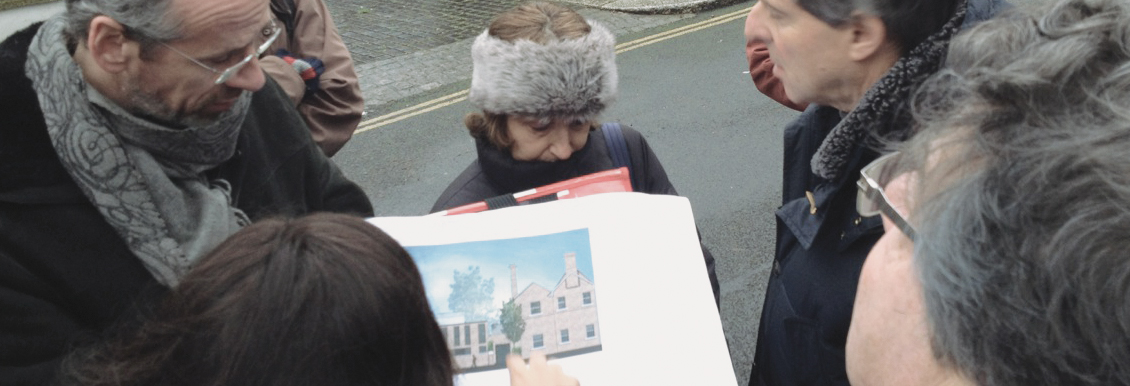
Reimagining Planning
A short design ‘sprint’, which brought together students, users, non-users and experts from different backgrounds to collaborate to understand perspectives, co-design and prototype ideas for better ways to engage people in processes of neighbourhood planning and development control in the London Borough of Camden (LBC).
The design sprint took the form of open-ended, experiential workshop sessions, combined with design ethnography research methods, with input from experts such as architects, developers and service designers.
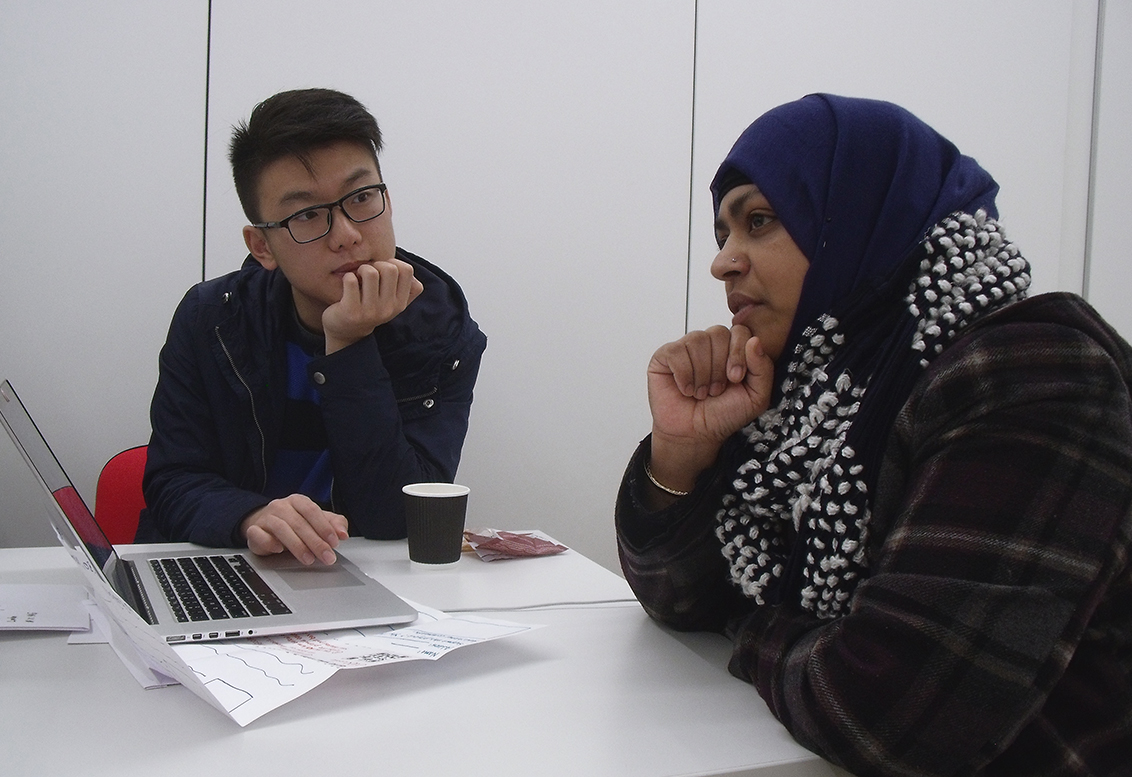
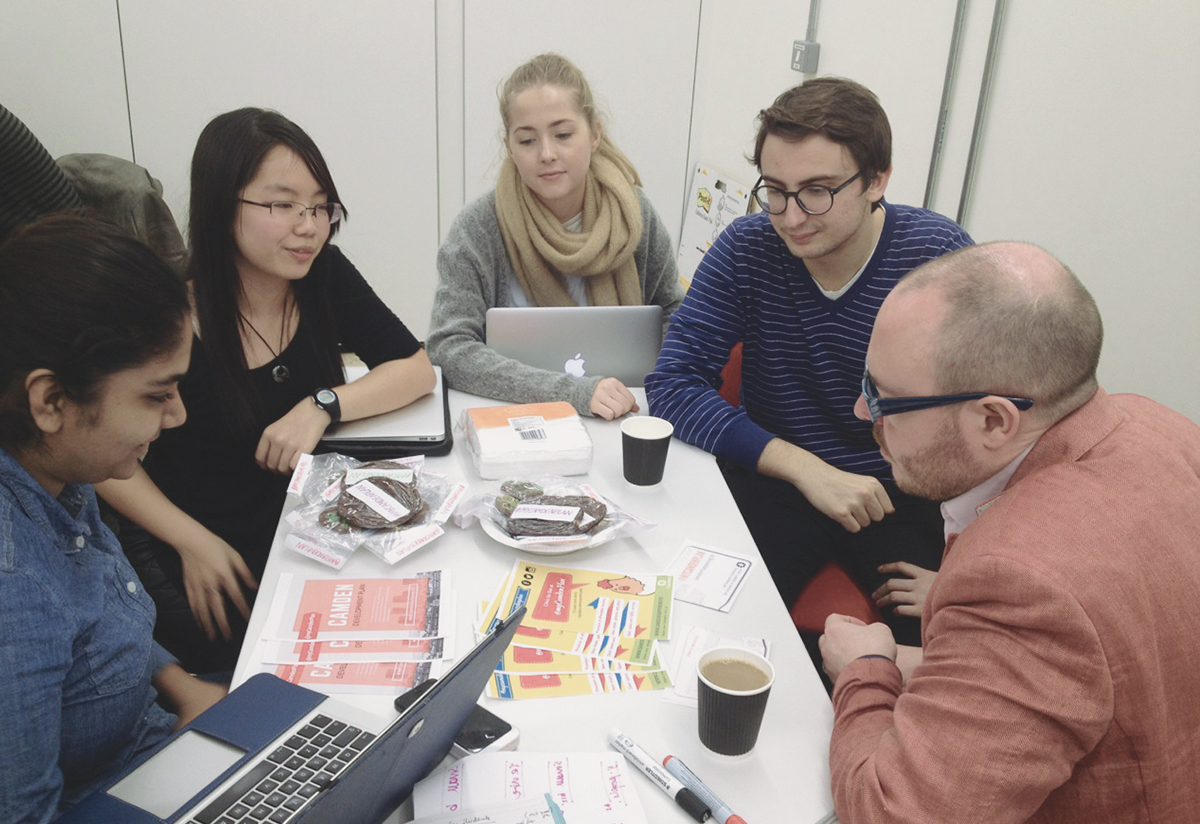
Journey and methodology
The project took the form of a series of open-ended, experiential workshop sessions, combined with field visits and training in, and the application of, design ethnography research methods, underpinned by a series of structured lectures explaining design thinking and methods. The project worked to the following principles:
People-focused An emphasis on understanding people’s lived experiences in relation to planning and consultation about the built environment.
Whole systems Recognising the dynamic interplay of actors in the system.
Design-based Involving cycles of exploring problems/generating solutions.
Collaborative Working together across different knowledge and expertise.
Open Findings and ideas shared after the workshop for anyone to develop, oriented towards the needs of LBC.
It foregrounded the areas of design thinking, service design and public planning.
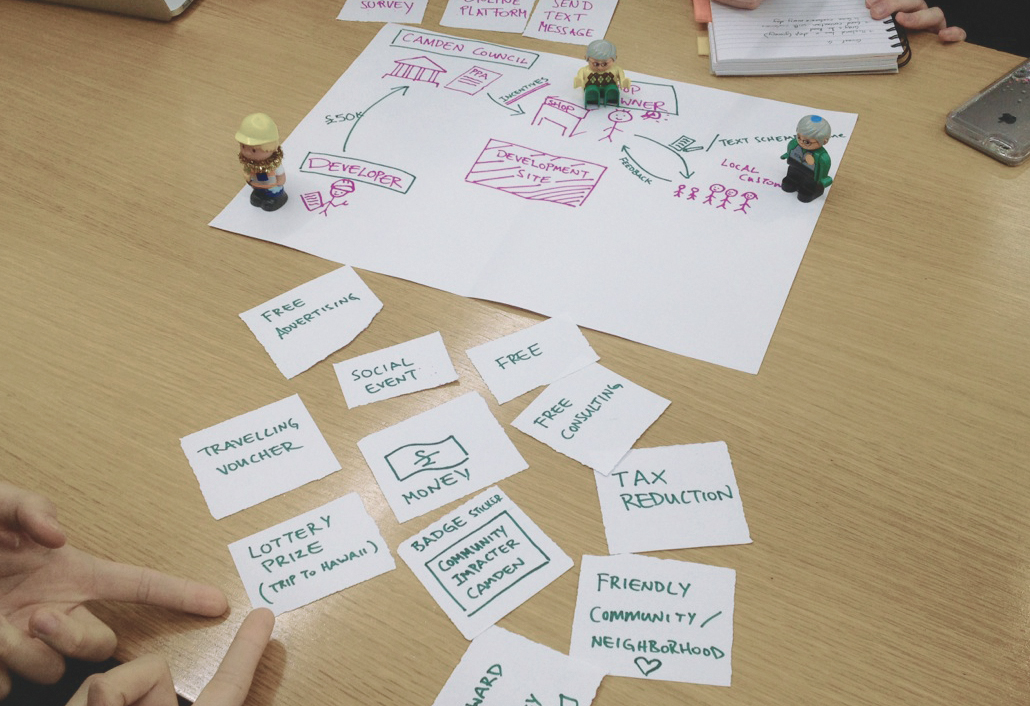
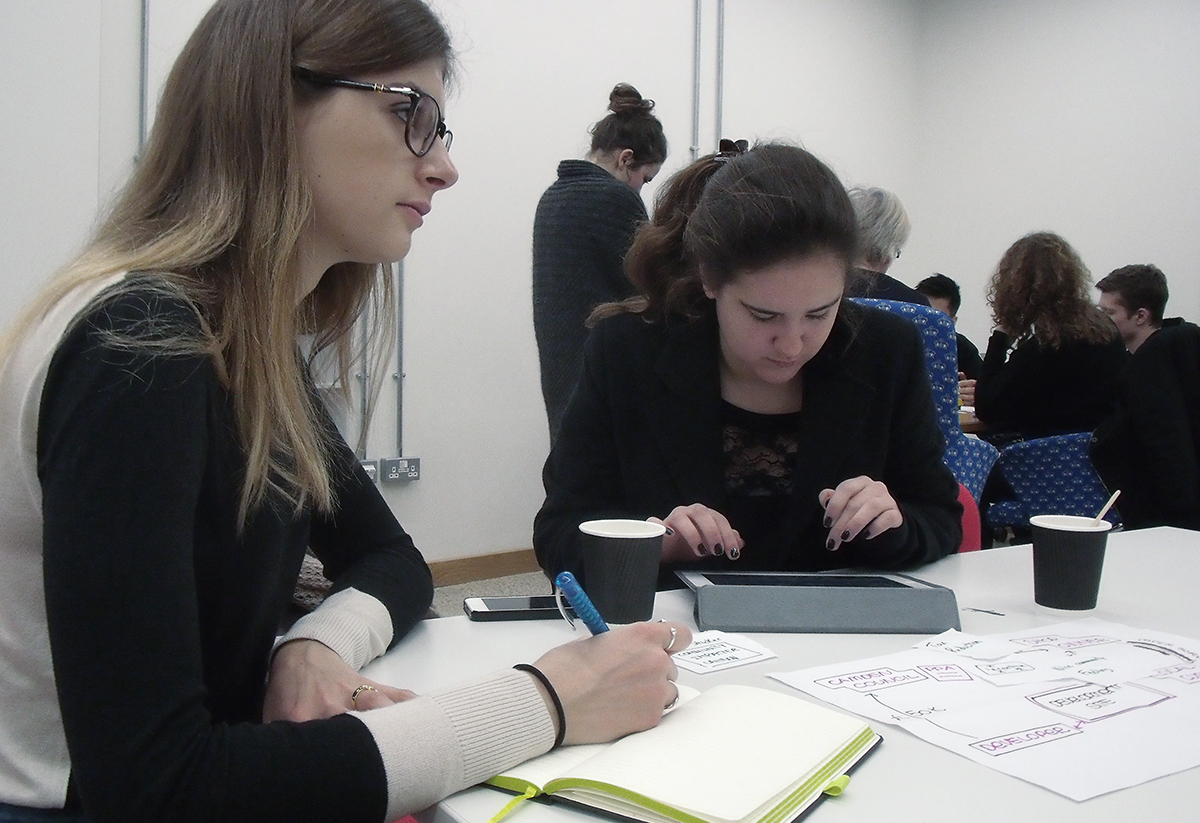
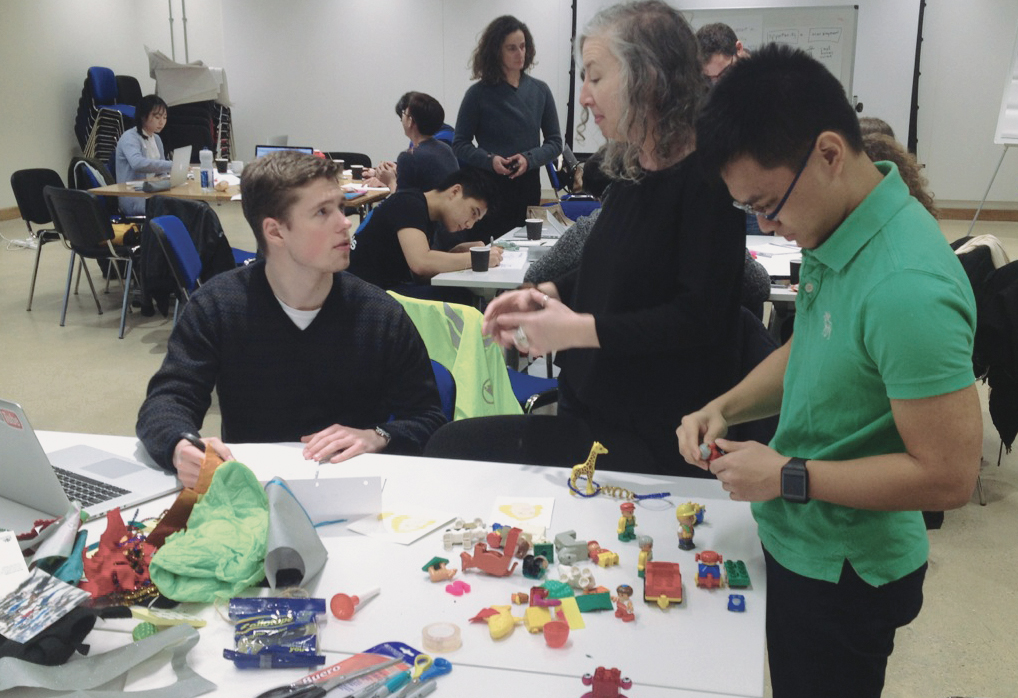
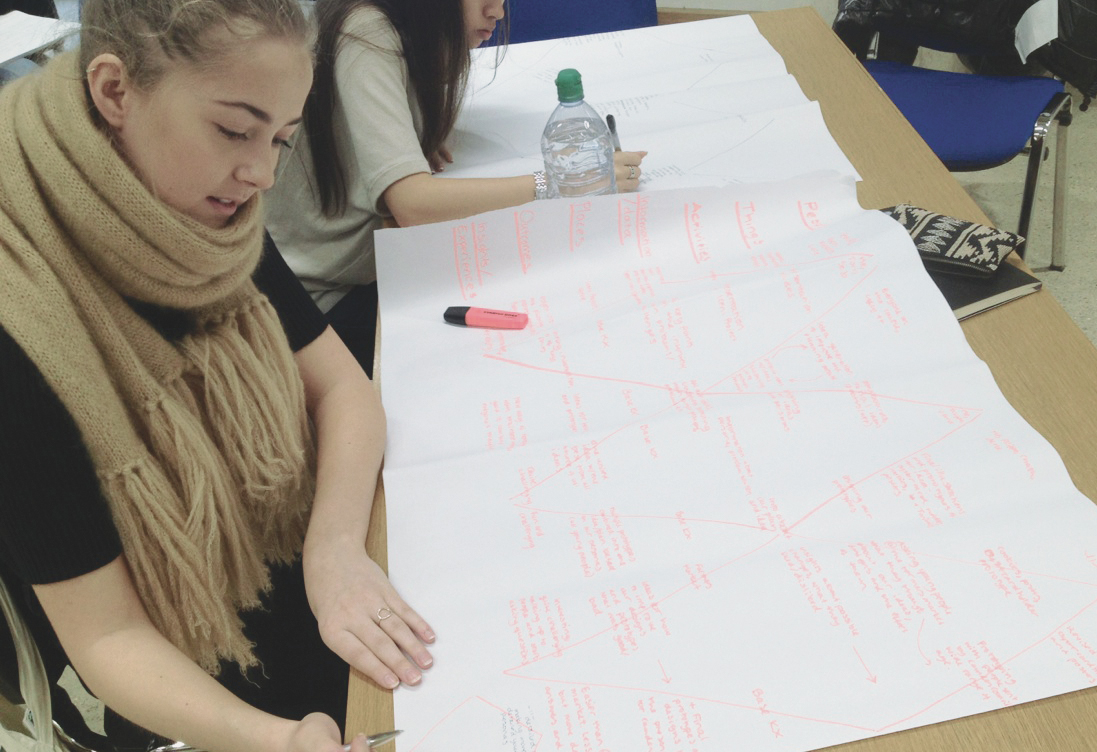
Outputs and outcomes
The students were able to explore outcomes form using a ‘design thinking’ approach by applying it in the context of a real world challenge and producing practical outputs for LBC to use.
The LBC Planning team was able to gain different insights and ideas about their planning process and citizen engagement, realise (though more often corroborating) some of the reasons for lack of engagement. The project provided a space for greater reflection for officers.
The project demonstrated that a design approach and methods can be successfully applied by a group of young, non-designers in a short space of time with expert support and facilitation, supporting the argument that, under the right conditions, any student and any Council can do this.
